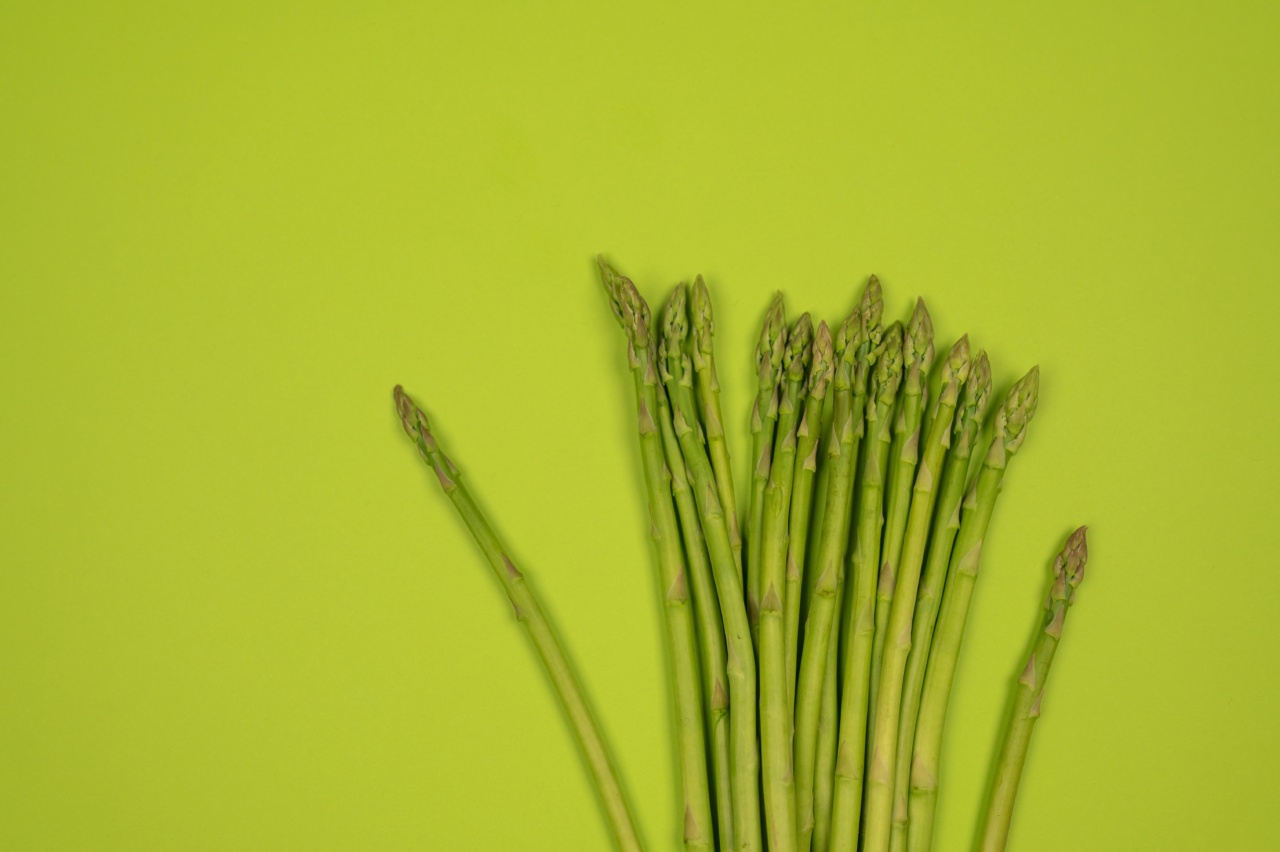Bloating is an uncomfortable sensation that many of us experience from time to time. It can make you feel full, distended, and even affect your self-confidence.
While bloating can have various causes, including digestive disorders and hormonal fluctuations, one common factor is the food we eat. By making simple changes to your diet and incorporating certain foods, you can combat bloating and improve your overall digestive health.
In this article, we will explore some effective nutrition tips that can help reduce bloating and make you feel more comfortable.
1. Increase your Water Intake
Water is vital for good digestion and can help prevent and relieve bloating. When you are dehydrated, your body tends to retain more water, leading to bloating and fluid retention.
Aim to drink at least 8 glasses of water a day to stay hydrated and promote optimal digestion. Herbal teas and infused water with fruits like lemon or cucumber can also be beneficial.
2. Eat Probiotic Foods
Probiotics are beneficial bacteria that can promote a healthy gut and improve digestion. Consuming foods rich in probiotics can help balance the natural bacteria in your gut and reduce bloating.
Yogurt, kefir, sauerkraut, kimchi, and other fermented foods are excellent sources of probiotics. Including them in your diet may help alleviate bloating and other digestive issues.
3. Avoid Gas-Producing Foods
Some foods are known to induce bloating and gas production. By identifying and avoiding these trigger foods, you can reduce bloating and discomfort.
Common culprits include cruciferous vegetables like broccoli, cauliflower, and cabbage, as well as beans, lentils, onions, and carbonated drinks. While these foods provide many health benefits, they can contribute to bloating for some individuals.
4. Incorporate Fiber-Rich Foods Gradually
Fiber plays a crucial role in maintaining a healthy digestive system. However, increasing your fiber intake abruptly can lead to bloating and gas. Instead, gradually introduce fiber-rich foods into your diet to allow your body to adjust.
Start by adding small amounts of fruits, vegetables, whole grains, and legumes, and slowly increase over time. This will help your body adapt and minimize bloating.
5. Choose Whole Grains over Refined Grains
Refined grains, such as white bread, white rice, and processed cereals, lack dietary fiber and can contribute to bloating.
Opt for whole grains like quinoa, brown rice, and whole-wheat bread, as they are higher in fiber and can promote healthy digestion. Whole grains also provide essential nutrients and have a lower glycemic index, which helps stabilize blood sugar levels.
6. Limit Sodium Intake
Excessive sodium consumption can lead to water retention and bloating. Processed foods, fast food, and salty snacks are common sources of high sodium. Be mindful of your sodium intake and choose fresh, whole foods whenever possible.
Flavor meals with herbs, spices, and citrus juices instead of relying on salt for taste. Additionally, reducing sodium intake has various other health benefits, including lowering blood pressure.
7. Be Mindful of Food Allergies or Intolerances
Food allergies or intolerances can cause bloating and other digestive issues. If you suspect you have a sensitivity to certain foods, consider keeping a food diary to track your symptoms and identify potential triggers.
Common culprits include gluten, dairy, and FODMAPs (fermentable oligosaccharides, disaccharides, monosaccharides, and polyols). Consult with a healthcare professional or a registered dietitian for guidance on an elimination diet and to assess if you have any specific food allergies or intolerances.
8. Chew your Food Thoroughly
Proper digestion starts in the mouth. Chewing your food thoroughly is essential for breaking down the food particles and aiding digestion. When you swallow large food chunks, your digestive system has to work harder, potentially leading to bloating.
Take your time to chew each bite thoroughly and savor the flavors. Not only will this support better digestion, but it can also help you enjoy your meals more fully.
9. Eat Smaller, More Frequent Meals
Eating large, heavy meals can put a strain on your digestive system and lead to bloating. Instead, try eating smaller, more frequent meals throughout the day.
This approach helps your body digest food more efficiently and prevents overloading your digestive system. Aim for balanced meals that include protein, healthy fats, complex carbohydrates, and a variety of vegetables.
10. Try Natural Remedies
Several natural remedies may help alleviate bloating and digestive discomfort. Peppermint tea, for example, has been shown to relax the muscles of the gastrointestinal tract and reduce bloating.
Ginger, chamomile, and fennel are other herbal options that can aid digestion and soothe the stomach. While these remedies may not work for everyone, they are worth a try if you experience persistent bloating.






























